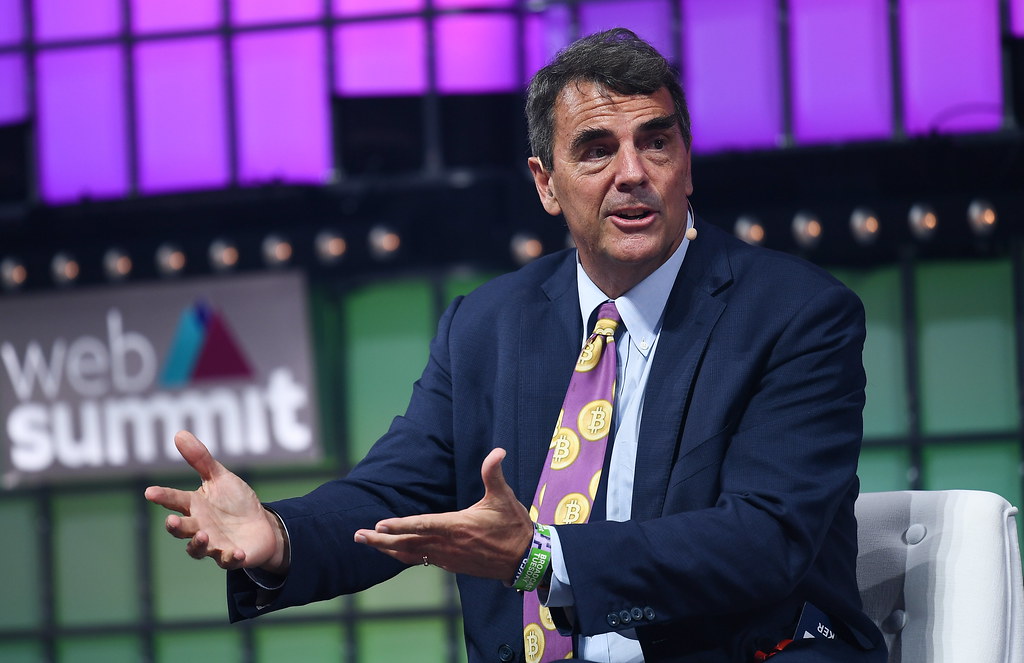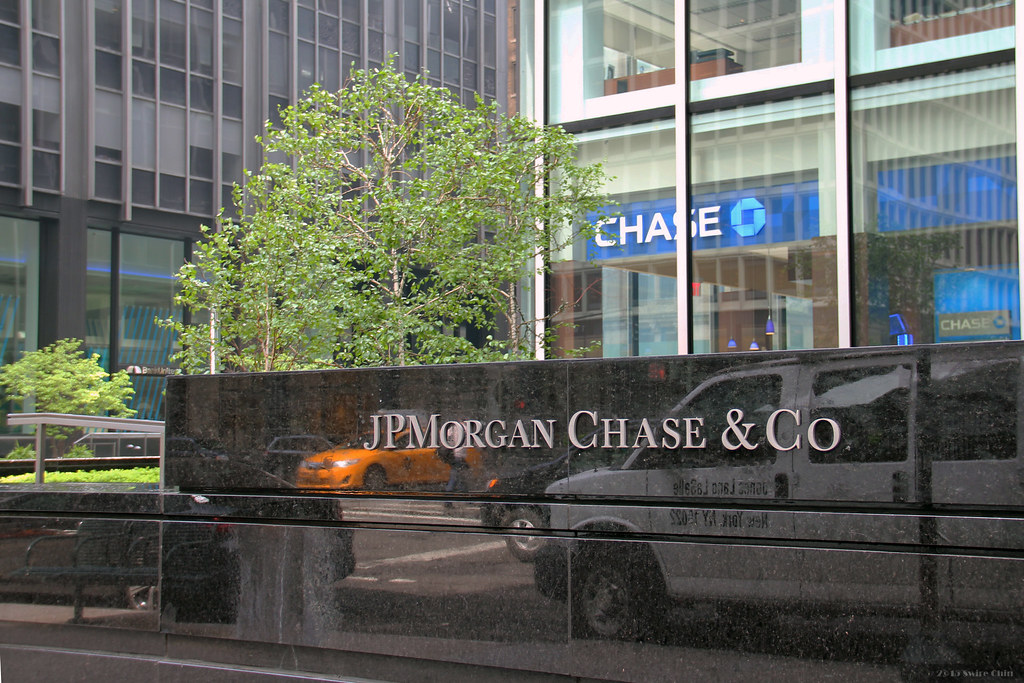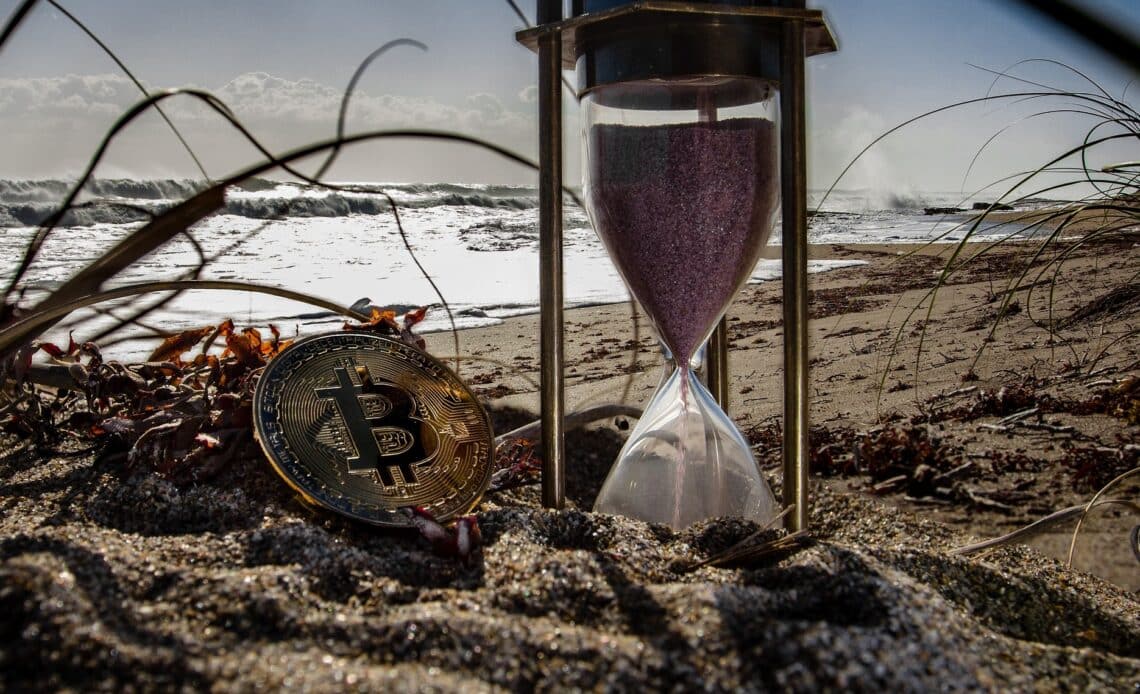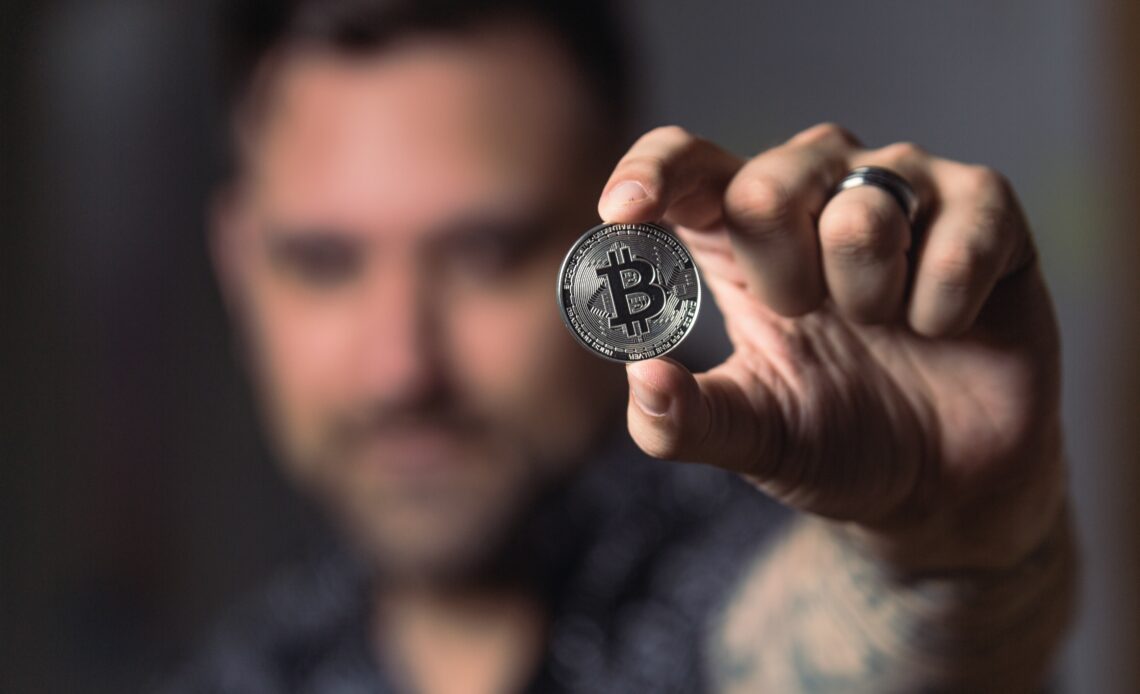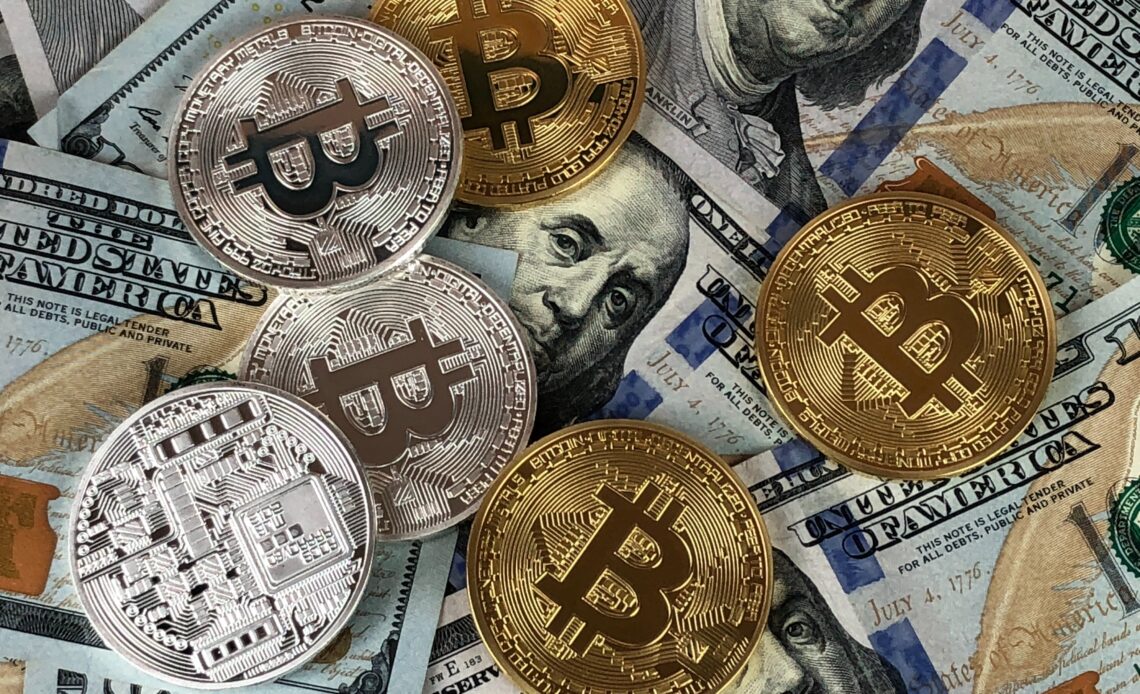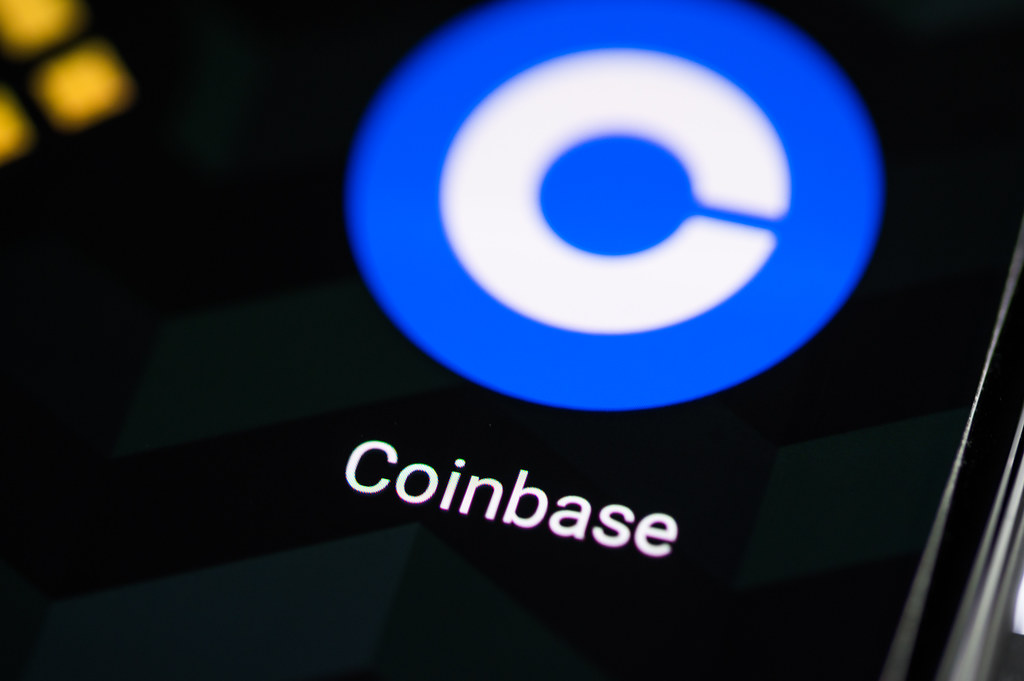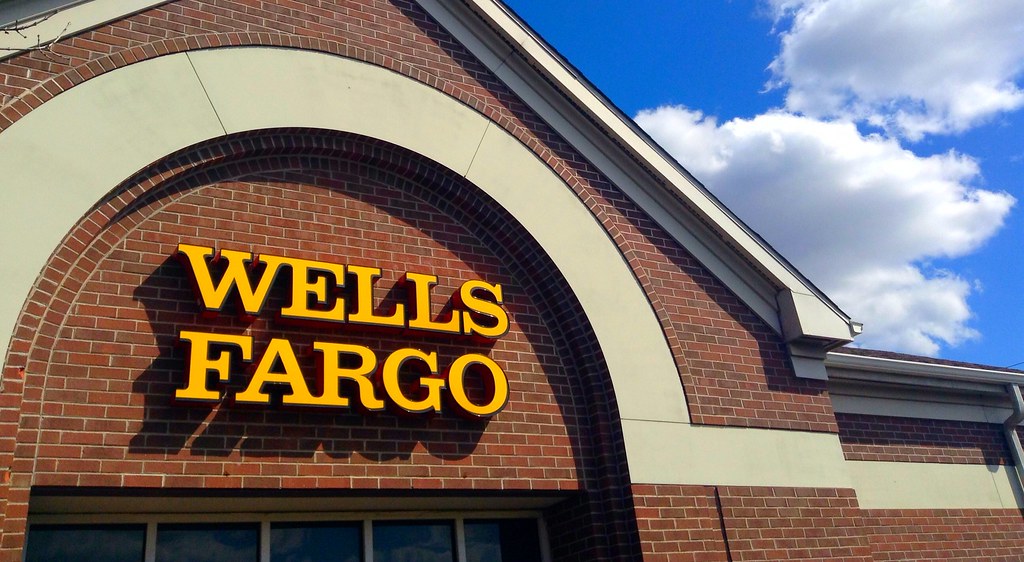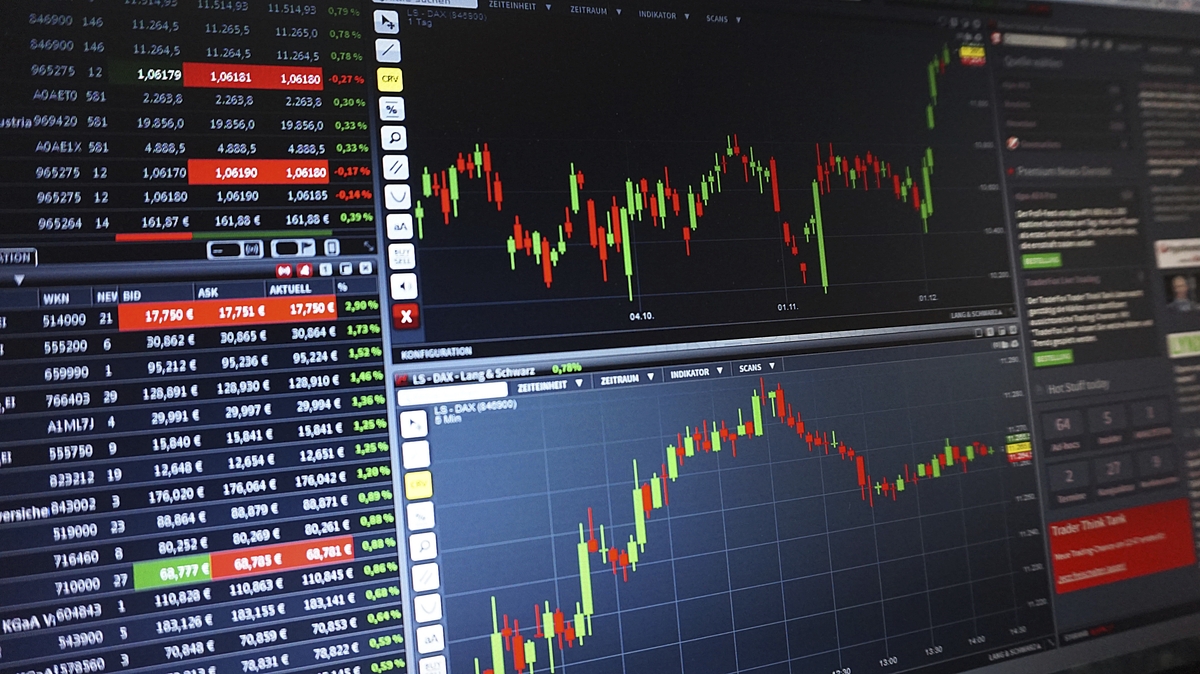For increasing cryptocurrency adoption worldwide, crypto coins have to be straightforward to use and affordable to spend. If a crypto transaction is too costly, there is no reason why people would use it for day-by-day payments. Now, at least regarding the Bitcoin (BTC) protocol, the Lightning Network is the extension that makes transactions more accessible, faster, and cheaper, and that’s leading to boost the cryptocurrency business globally.
Now, CoinGate gives more than 4,000 merchants access to Bitcoin (BTC) Lightning Network, and that could be a massive leap forward towards global cryptocurrency adoption. According to CoinGate, with Lightning Network the “shoppers are able to pay with minuscule fees and get instant payment confirmations, at the same time enabling merchants to ship their goods virtually instantly without risk of chargebacks or fraud.”
Also, CoinGate CEO imagines a future where Bitcoin (BTC) and other cryptos, as well, are broadly accepted as payment methods, and holders pay with ease using digital assets.
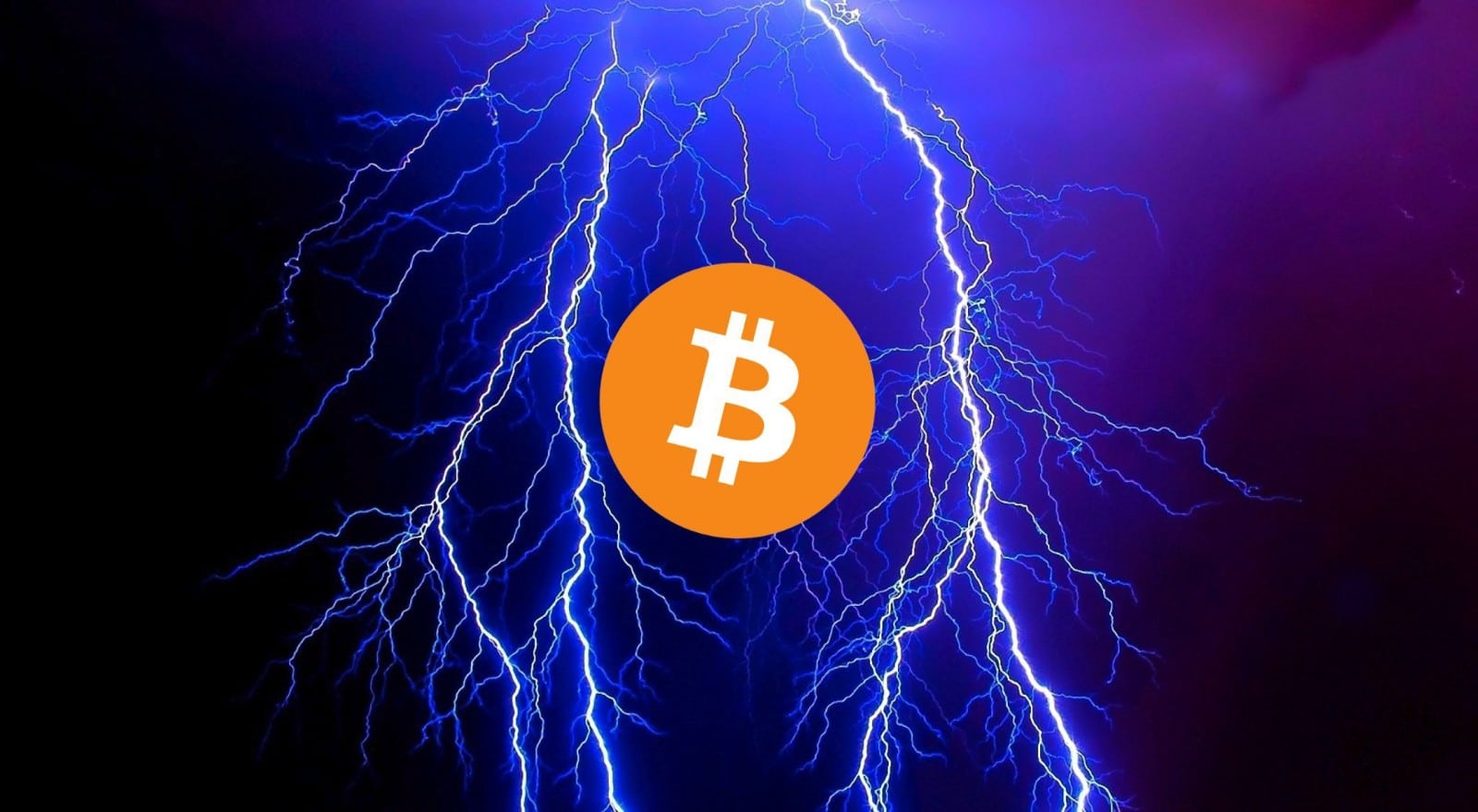
Bitcoin (BTC) Lightning Network to boost the global cryptocurrency business
“CoinGate takes every opportunity to innovate and offer cutting-edge solutions to our users. We are keen believers in cryptocurrencies as a way to transact globally, and the Lightning Network, although still a fresh new technology, fits exactly in our vision of what Bitcoin should be in the future,” said Dmitrijus Borisenka, the co-Founder and CEO of CoinGate.
“We were pleasantly surprised when we came across tweets of our Lightning Network implementation at the Kasbah Bar in Oslo. You may have heard critics claiming, ‘you can’t buy coffee with Bitcoin.’ Well, we’re not sure about coffee, but buying beer with Bitcoin within a second for zero fees is definitely possible in Oslo, Borisenka added.
With transactions conducted at small fees and high speeds, the Bitcoin (BTC) Lightning Network is the perfect solution to boost the global cryptocurrency adoption and business, and with CoinGate that might become a reality sooner than we thought.
